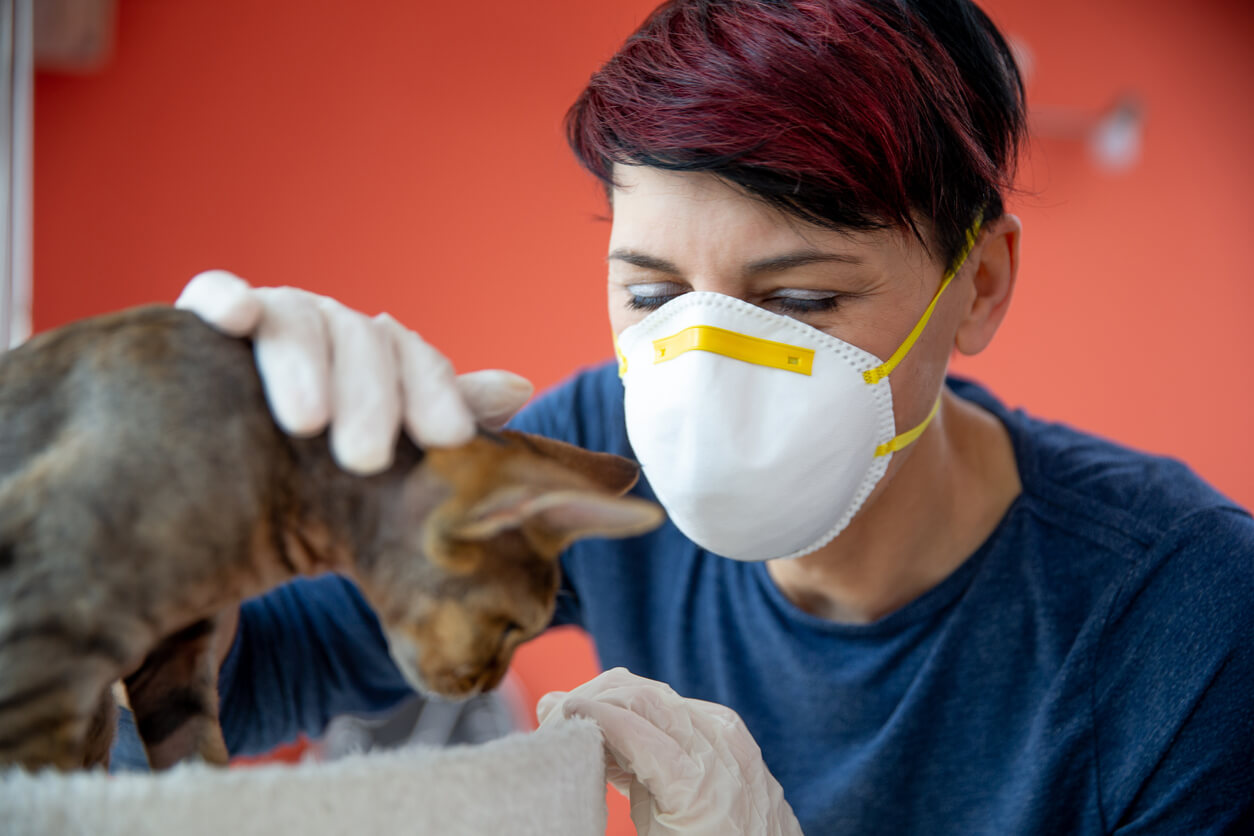The COVID-19 pandemic has taken its toll on everyone, including veterinary practice owners. Veterinary practice owners who fail to adapt to the current environment run the risk of going out of business. However, those owners who take proactive steps to continue serving their customers during the pandemic are likely to make it through unscathed. If you own a veterinary practice, below are some tips to help you deal with the COVID-19 pandemic. For additional information on successfully running a veterinary practice during the pandemic, please contact a veterinary practice attorney.
Prioritize your appointments
In order to make the best use of your time during the COVID-19 pandemic, you should prioritize urgent and sick-pet visits over general wellness visits (with the exception of kittens and puppies on vaccination schedules). By prioritizing your appointments, you ensure that the animals that are most in need of care receive the attention they need. In addition, delaying routine visits will help conserve supplies and equipment during a time in which such items are scarce.
Provide curbside service
In order to adhere to social distancing requirements, many practices are offering curbside service to their customers. A typical curbside model operates as follows:
- The client arrives for an appointment and calls from the parking lot.
- An employee shuttles pets to the facility and back.
- The client remains in his or her car during the appointment.
- Communication between the client and practice takes place via phone.
Develop new protocols for deliveries and samples
Many practices no longer permit delivery workers to enter their facilities. In order to protect your staff and prevent the spread of COVID-19, it is recommended that you develop new protocols for deliveries and samples.
Adjust your hours of operation
In order to allow additional time to do things like disinfect your facility, you should consider adjusting your hours of operation. This will not only allow ample time for ensuring your practice remains clean, but it will help your staff avoid burnout as they cope with the pandemic.
Be flexible with your staff
Some people are more comfortable than others about the prospect of COVID-19 exposure. Therefore, you should be flexible with your staff during the pandemic, particularly those employees who have pre-existing conditions that put them at risk of serious complications from the virus.
Communicate with your clients
Finally, whether via phone or email, you should communicate all operational changes to your clients. By keeping your clients informed of changes to your practice’s procedures, you make them feel valued while preventing confusion.
Contact our experienced veterinary attorneys
If you need help with updating your veterinary practice’s policies, procedures, and practices during the COVID-19 pandemic, you should contact an experienced veterinary attorney as soon as possible. At Mahan Law, we understand what it takes to make a veterinary practice successful. When you come to us for assistance, our experienced veterinary attorneys will work diligently to ensure that your goals are achieved. Please contact our office today to schedule a free consultation.

